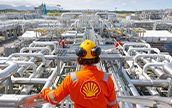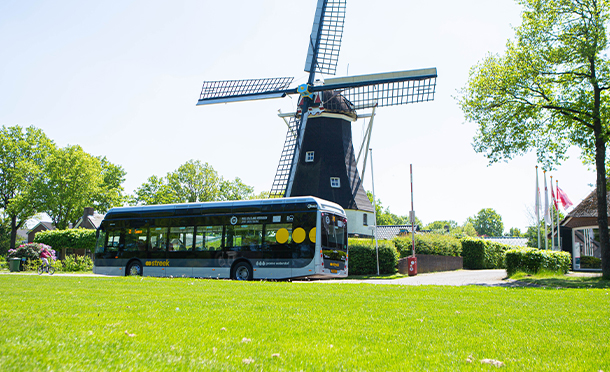Progress summary
We are transforming into a net-zero emissions energy business. In 2021 and the beginning of 2022 we:
- Reduced our Scope 1 and 2 emissions from our operations by 18%, and reduced the net carbon intensity of the energy products we sell by 2.5%, both by the end of 2021 compared with 2016.
- Formed more than 50 collaborations with other leading companies aiming to be at the forefront of the energy transition.
- Continued to build a material power business. We had 1.6 million retail customers worldwide by the end of February 2022, compared with 900,000 at the end of 2020. We have 4.7 gigawatts (GW) of renewable generation capacity in operation, under construction and/or committed for sale. We have a further 38 GW of renewable generation capacity in our pipeline of future projects.
- Expanded our hydrogen business. We have started production from 30 megawatts (MW) of electrolysers that can produce around 4,300 tonnes a year of decarbonised hydrogen. We are looking to take final investment decisions on 10 times this capacity in 2022. We own and operate 10% of global electrolyser capacity today.
- Took a final investment decision on a facility in the Netherlands to produce 820,000 tonnes of biofuels a year. This facility will be one of the largest in Europe to produce sustainable aviation fuel (SAF) and renewable diesel made from waste, and is expected to start production in 2024.
- Continued to build the infrastructure that our customers will need as they move to low- and zero-carbon energy.
- Expanded our electric vehicle charging network to almost 90,000 charge points at the end of 2021, from around 60,000 in 2020.
- Increased the number of liquefied natural gas (LNG) refuelling sites in Europe and increased the number of sites for hydrogen refuelling in Europe, North America and China.
- Announced our ambition for SAF to make up at least 10% of our aviation fuel sales by 2030.
- Expanded our LNG bunkering operations, including the world’s first bio-LNG bunkering, to help to reduce emissions from the marine sector. We also worked with others on programmes to develop hydrogen fuel cell propulsion for ships.
- Worked with customers across sectors such as commercial, light industry and technology to decarbonise their energy use by providing renewable electricity.
- Developed partnerships in the heavy industry sector to explore how hydrogen and carbon capture and storage (CCS) can be used to reduce global carbon emissions.
- Invested in CCS. We have two CCS projects in operation and more than 10 under development.
- Retired around 6 million tonnes of nature-based credits, excluding trading activities, in 2021.
- Supported climate-related government policies that advance the goal of the Paris Agreement on climate change.









